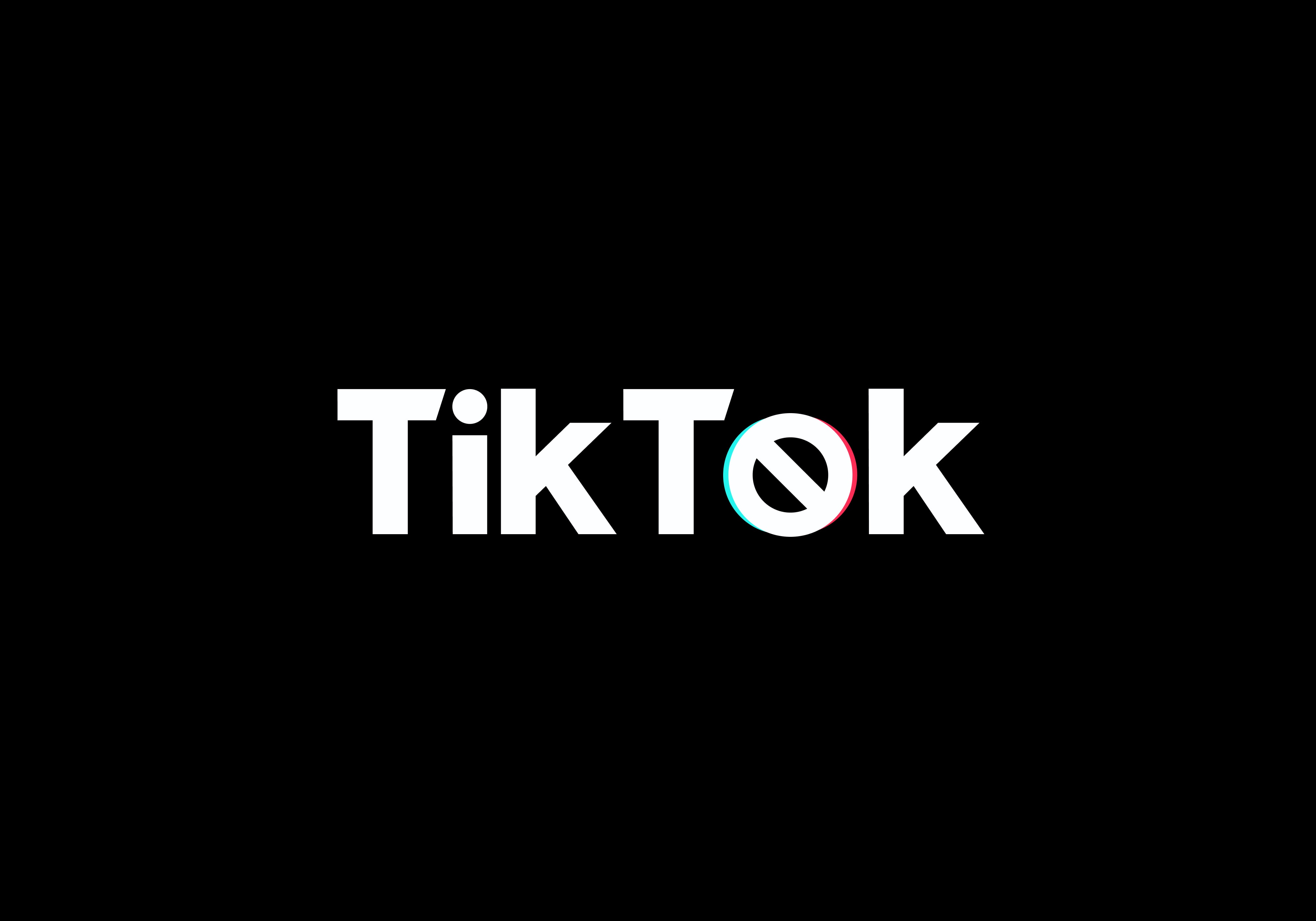How will Trump’s TikTok & WeChat ban affect the music industry?
WeChat’s parent company Tencent and TikTok have great influence on the music industry around the world. How will a potential US ban change the music streaming landscape?
After an executive order was signed last week, TikTok and WeChat have until the 20th September to sell of their American divisions or risk being banned from the US. The ban comes as Triller get huge download numbers worldwide and Instagram’s TikTok competitor Reels gets a wider launch.
What does this mean for the music industry? All three apps (TikTok, Triller and IG Reels) put a heavy emphasis on music. Users film fun short music, lip-sync, dance, comedy videos on the apps, then can layer licensed music over the top. All major labels and distributors have partnerships with TikTok, so will as a result get a small kickback for every play their track gets. TikTok has been the driving force behind many chart successes in recent years. Artists and marketing teams understand the importance of TikTok trends and have been clamouring to get their music to be the next virtual TikTok sensation.
With TikTok’s potential US-based death being imminent, it seems a large shift to one of the previously mentioned competitors could happen. Artists and labels will have to learn a new platform. Luckily, Triller and Instagram Reels on the surface appear to be very similar to TikTok, with licenses from a similarly impressive number of labels and distributors, however audiences on these platforms may react differently to the next big hit.
The news of Trump signing the executive order for TikTok last week came as no surprise. We have been expecting the US to take action against the app for some time now, however the news of another order against WeChat was unexpected. While WeChat is primarily a messaging service, their parent company Tencent hold stakes in many music companies such as Universal Music Group, Warner Music Group, Spotify, as well as many Chinese music streaming platforms.
Despite these executive orders being very similar, there is a key difference between the two. Whilst the TikTok ban excludes any American and American company from operating with their parent company ByteDance, the WeChat ban only excludes Americans and American companies from operating with the app WeChat as opposed to parent company Tencent. As stated in our previous article, the US Secretary of Commerce gets the final say in what subsidiaries also get the ban. Holding so many companies and stakes in companies, a ban on Tencent in any wider capacity could be devestating.
We are waiting to see what happens next. Whether TikTok gets bought by Microsoft, Twitter or another US-based company, the US Government push ahead or pull back on the executive orders, Trump signs any more executive orders against other Chinese-based apps, or if there’s any retaliation from China or ByteDance.
